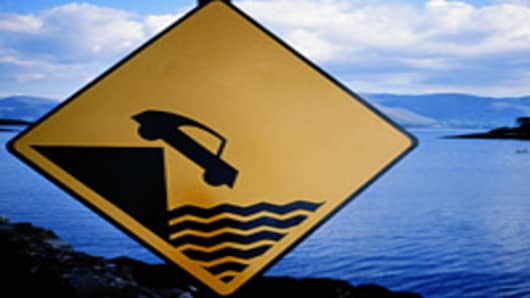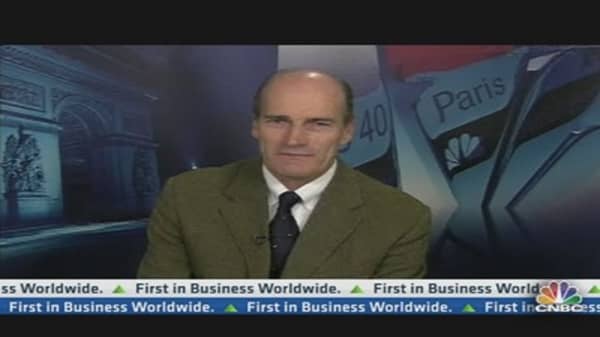The U.S.'s looming fiscal cliff is in danger of becoming even steeper than previously thought, Bill Bonner, author of "Empire of Debt," warned.
The fiscal cliff — which will happen on Jan. 1 as spending cuts and tax increases kick in — has already sparked almost as many column inches as the upcoming presidential election. Larry Fink, chief executive of private equity group BlackRock, said Thursday that it was the most important issue facing the victor in November's election.
There has been some hope that a new government could reach agreement on a new package to avert the cliff. President Barack Obama said Thursday night that he hoped a "compromise" could be reached between the election and the end of the year.
"There'll be lots of deals struck, they just won't make any difference. Forget the fiscal cliff, we're talking about a fiscal waterslide," author Bonner said. "We're looking at a government that is trapped by its own spending. I would have liked to have seen what would have happened if the system had allowed to work and the banks had been properly tested during the crisis."
The government bailout of major U.S. banks during the crisis has been credited with avoiding a worse recession — but increased the country's deficit.
Bonner referred to the biblical story of Pharaoh and seven good and seven bad leaves of corn — traditionally interpreted as an exhortation to save money during good times to use during the bad.
"The government goes to the grainery during the lean years and there's nothing there. Then it borrows the grain from people saving it for other things and takes the resources that are normally used to produce real wealth in the economy — and it doesn't work," he said. "You don't get rich by eating your seed corn. You make it by saving and investing it in things that produce wealth. Nothing in the stimulus program does that."
Bonner called for a "real crash" to help "clear out zombie sectors," which he believes include banking, and the security and defense industry.
Yet critics believe this approach could cause much worse problems.
"That kind of economic fundamentalism is going to create such an enormous global shock that it could create all kind of unforeseen consequences," Bill Blain, senior fixed income broker at Mint Partners, told CNBC. "If you create legions of unemployed people with no hope for the future, you create bigger problems. We need to keep the growth going and solve the fundamental problems tomorrow."
—By CNBC's Catherine Boyle; Follow Her on Twitter @cboylecnbc





